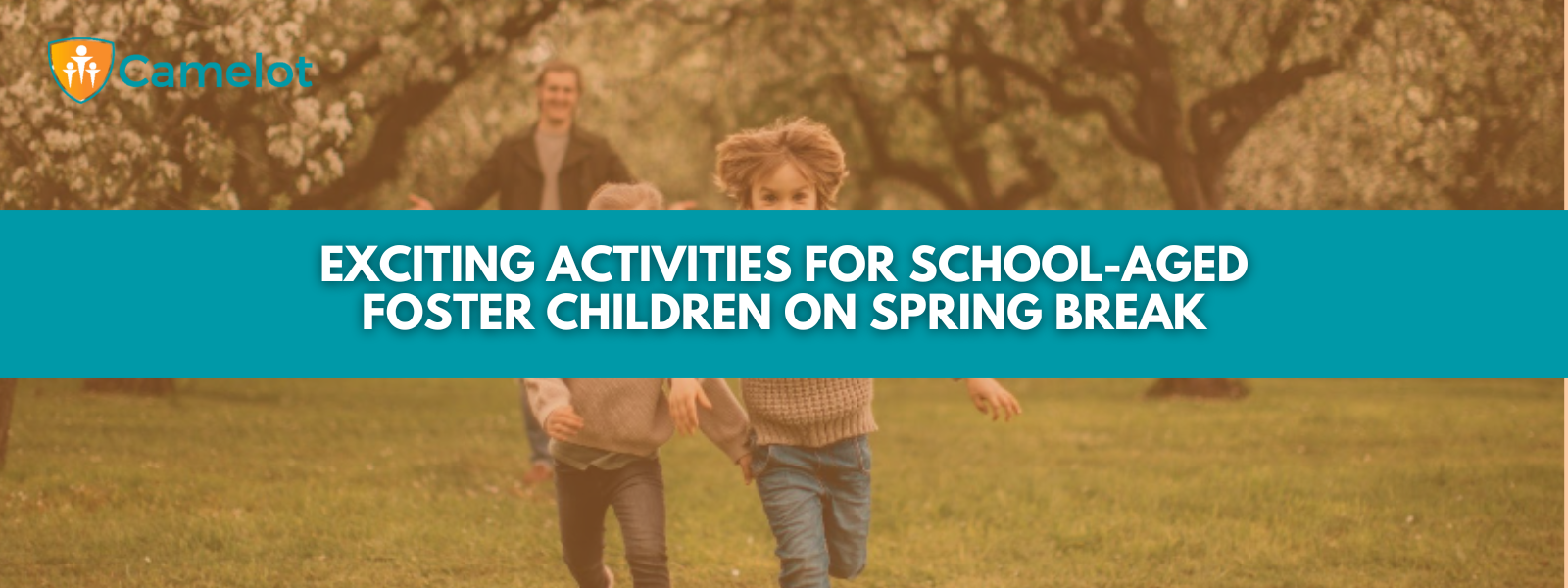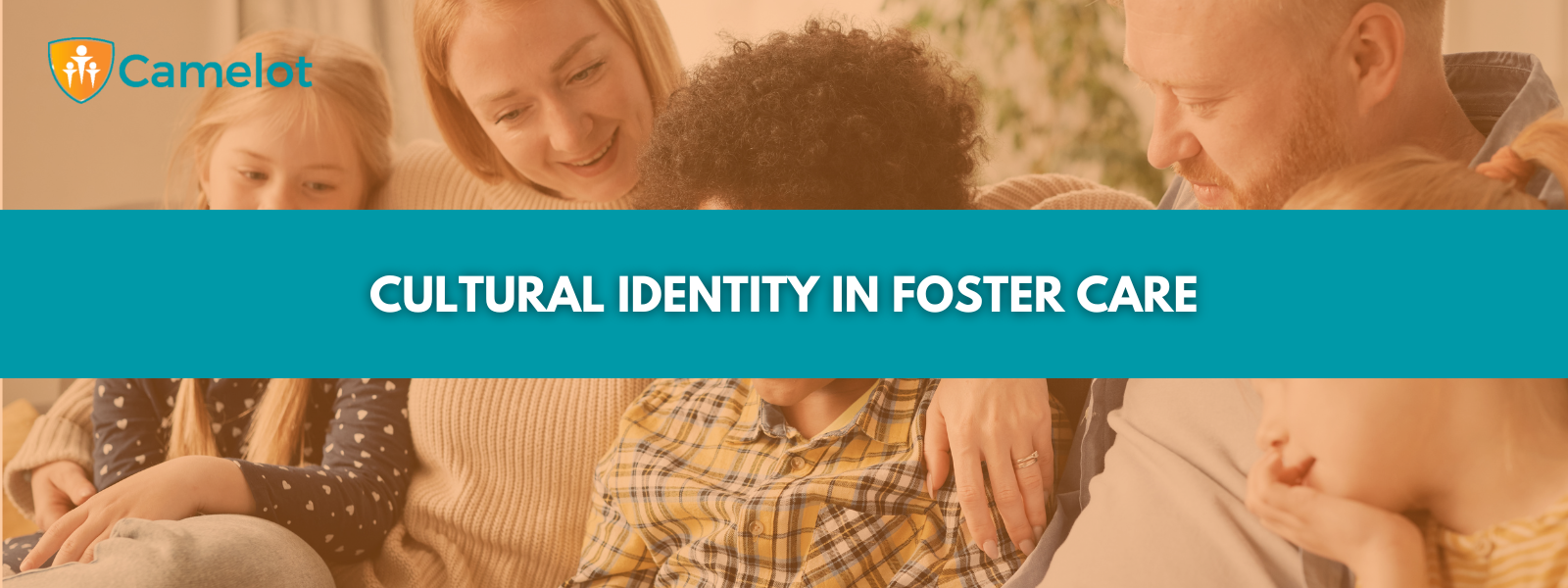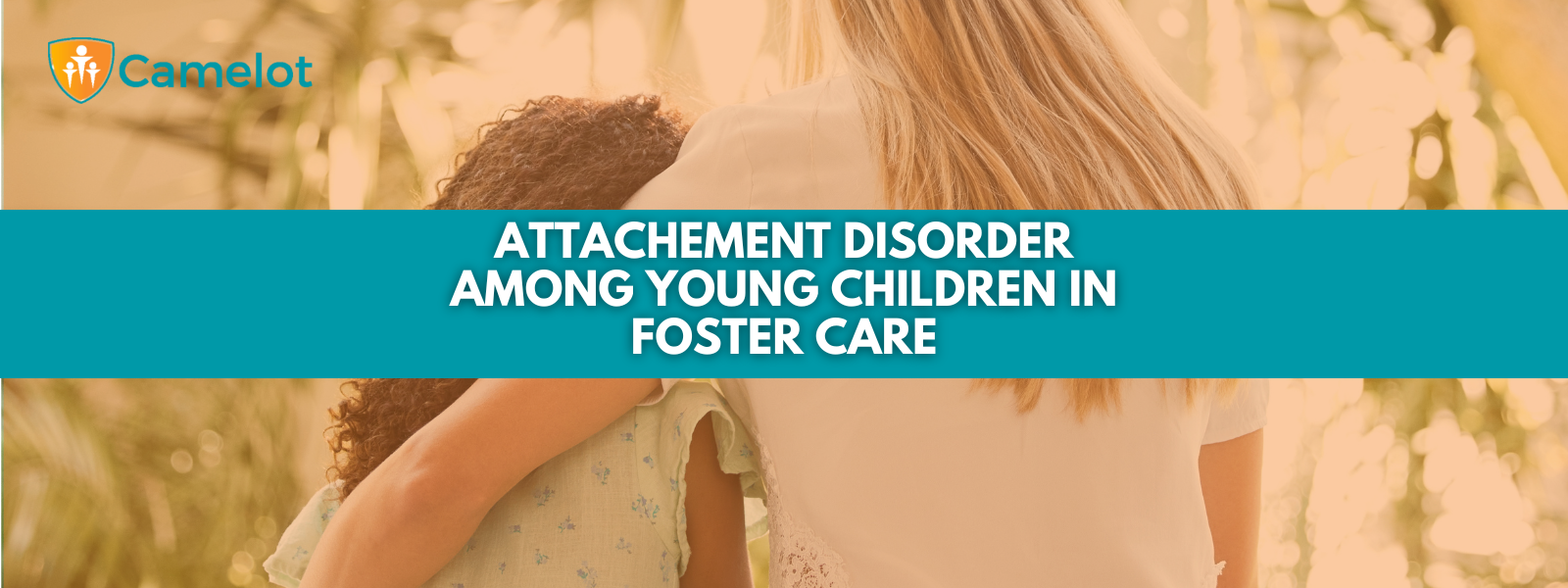Child Abuse Prevention Month: Signs To Look For, Steps to Take
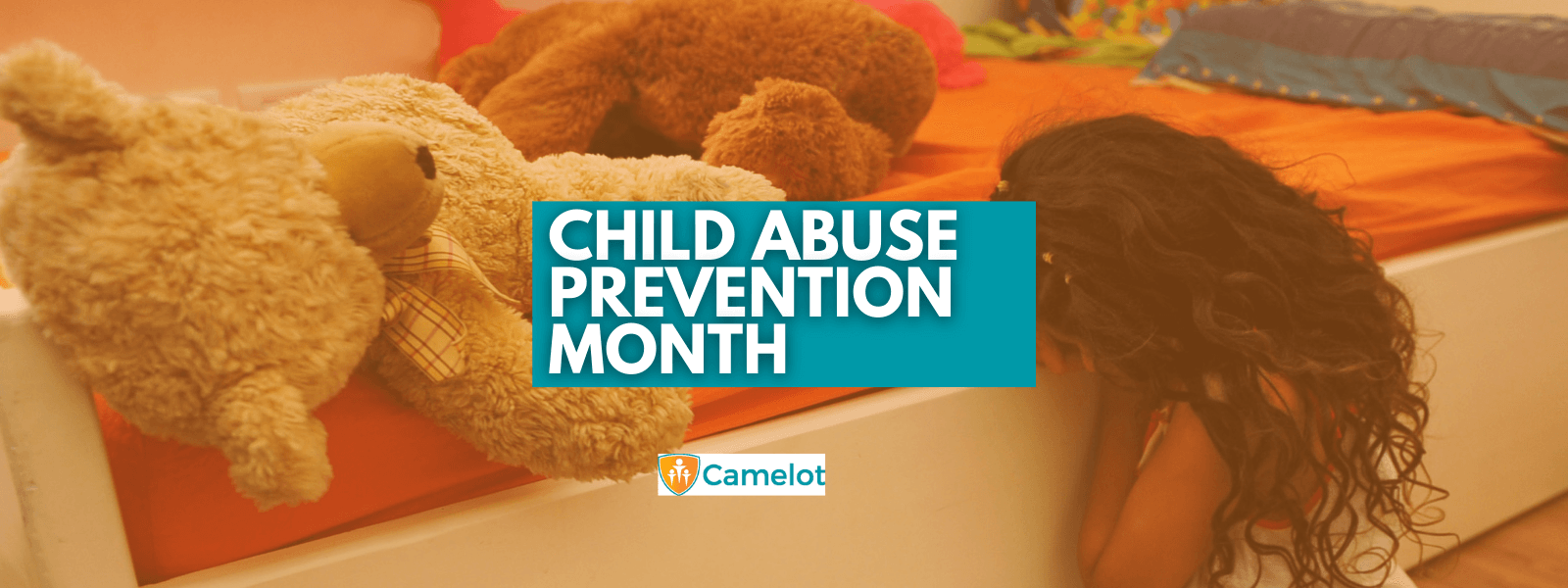
How to Recognize and Handle Child Abuse Cases
Child abuse awareness month reminds society to ensure all children are raised in an environment where they can grow healthy. Child abuse includes any form of mistreatment either during a singular event or repeatedly that results in harm to a child. Around 700,000 children are harmed in the USA every year as a result of abuse.
You should be able to identify key indicators of child abuse and take the necessary action to help the child. Keep in mind that the earlier an abused kid receives help, the higher the chances of healing.
Types of Child Abuse and Warning Signs
It is important to note that not all forms of injuries result from abuse or mistreatment, and sometimes you need to do a deeper investigation. Each type of child abuse has unique symptoms, but they all lead to some psychological disorders.
A child who is subject to abuse may exhibit depression or anxiety. They may appear hesitant around parents or guardians, and they may not want to go home. Others begin to have learning difficulties for unknown reasons; they may try to run away or report abuse.
The most common types of child abuse that can happen to children of any age include the following.
Physical Abuse
Physical abuse occurs when a parent or caretaker intentionally hurts a child. But even if a caregiver doesn't mean to harm a child but treats them violently, it's still physical abuse. Punching, biting, shaking, or physical restraints are all examples of what is considered physical abuse. Other examples are suffocating or drowning a child, and excessive pinching.
Signs of physical abuse may include:
● Unaccounted-for bruises, burns, black eyes
● Injuries that reveal a pattern such as constant burns
● The child seems frightened of a particular person
● Broken bones
● Wearing inappropriate clothes, such as long sleeves in the summer, to hide scars
● Flinching when touched
Neglect
Neglect covers 60% of all reports of child abuse. It occurs when a caregiver or parent persistently fails to meet the child's basic, emotional or physical needs. It involves not providing food, shelter, or medical care to a child, locking them in a closet or room, or leaving them alone for an extended period. Abandoning the child, or excluding them from your family home, is also a form of negligence.
A neglected child may:
● Have poor hygiene
● Be home alone more often
● Have unmet medical needs
● Dress in unwashed clothes and have dirty skin or hair
● Miss school frequently
● Steal money for food
Emotional Abuse
Emotional abuse occurs when someone continually says things that lower a child's self-esteem. This behavior can involve ridiculing what the child says, not giving them the chance to express themselves, and frequently yelling or threatening them. Another form of emotional abuse is when a parent withdraws affection or love from a child after making a mistake, or when they tell them that they aren't good enough. Ill-treating another person in front of a child is also an example of emotional abuse.
Children who've been emotionally abused may:
● Show a lack of attachment to parents or guardians
● Constantly worry about making a mistake
● Have low self-esteem
● Appear desperate for attention
● Perform poorly in school
● Lack of interest in friends or activities
What to Do If You Suspect Child Abuse
Parents should always teach their children about how to report abuse as soon as it happens. Role-playing is a great way to teach your children how they can get help if someone behaves inappropriately towards them.
Learn to discipline your children thoughtfully to avoid abusing them. Take your time and calm down first, and if you don't feel pleased with the child's behavior, you might need to seek counseling.
If you suspect that your child is being abused, remove them from that person's presence.
On the other hand, if you suspect a child is being abused, start by talking to him or her. For instance, if the child has physical scars like burns, you can ask him or her how it happened. Listen calmly to the child and reassure them that you are there for them and you will do everything in your power to help them. Let the child know that it isn't their fault, but the abusers.
Next, notify your state's child protective services or the police. If the child is in pain, you can take them to the nearest hospital. It's also a good idea to keep tabs on the child until they get help or a foster parent who provides a better home environment.
A child raised in an abusive environment is more likely to continue abusive behavior into adulthood, so the community must take a collective responsibility to stop child abuse now, to save the next generation. If you have additional questions, please reach out to us at Camelot Care Center.
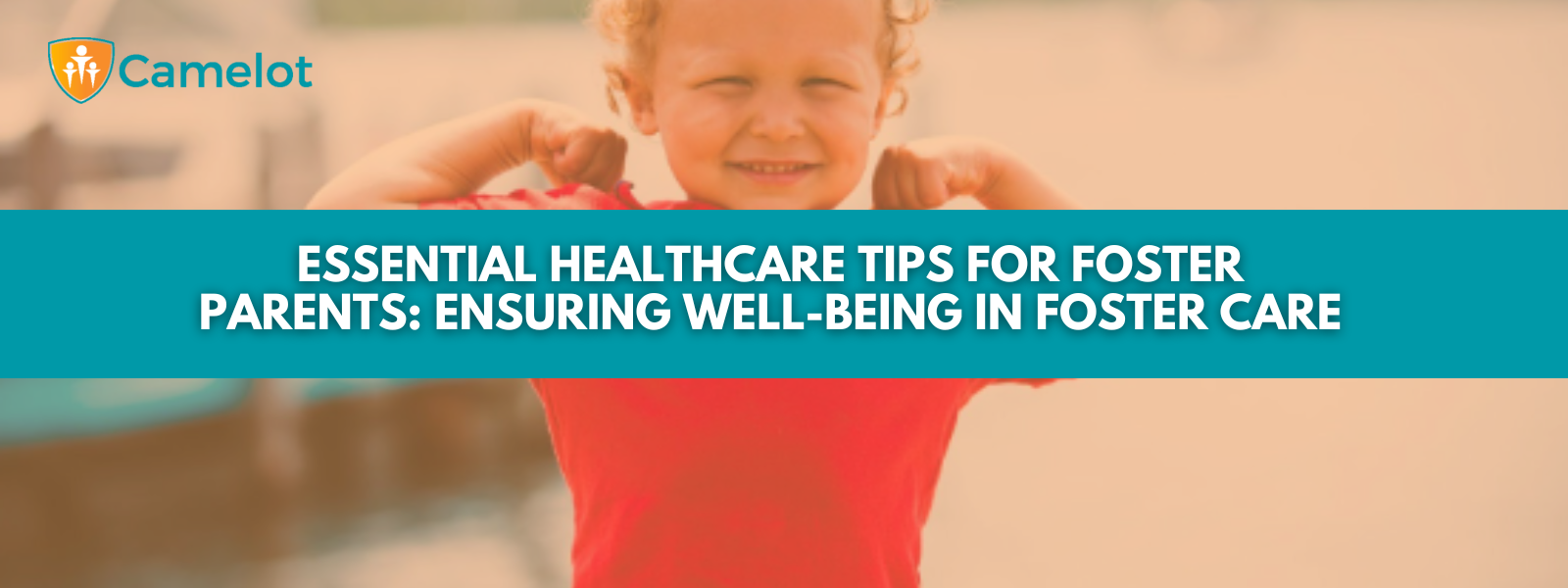
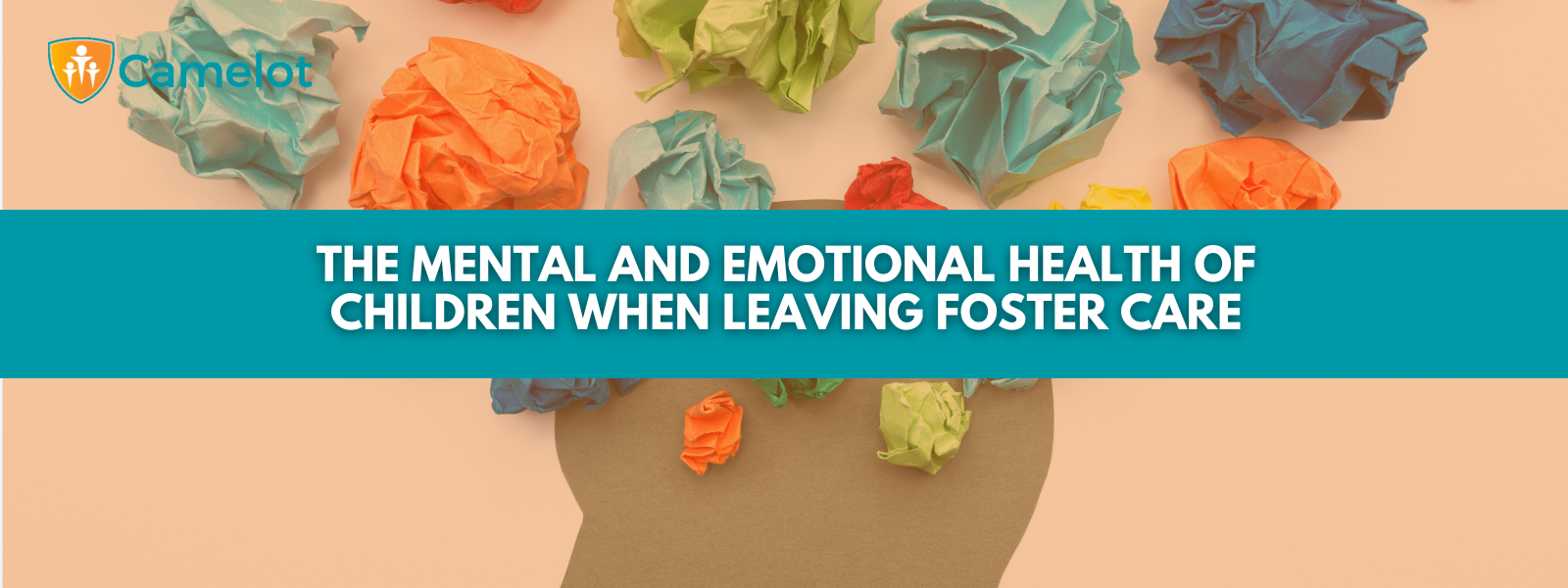
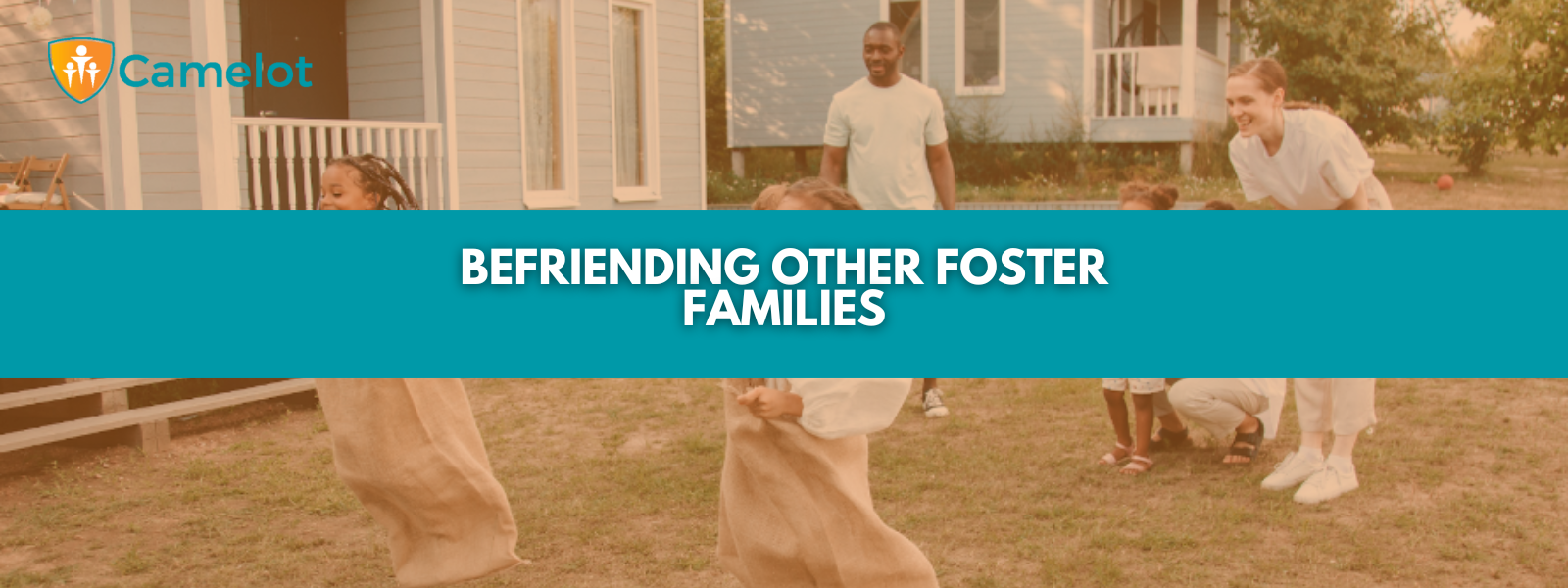

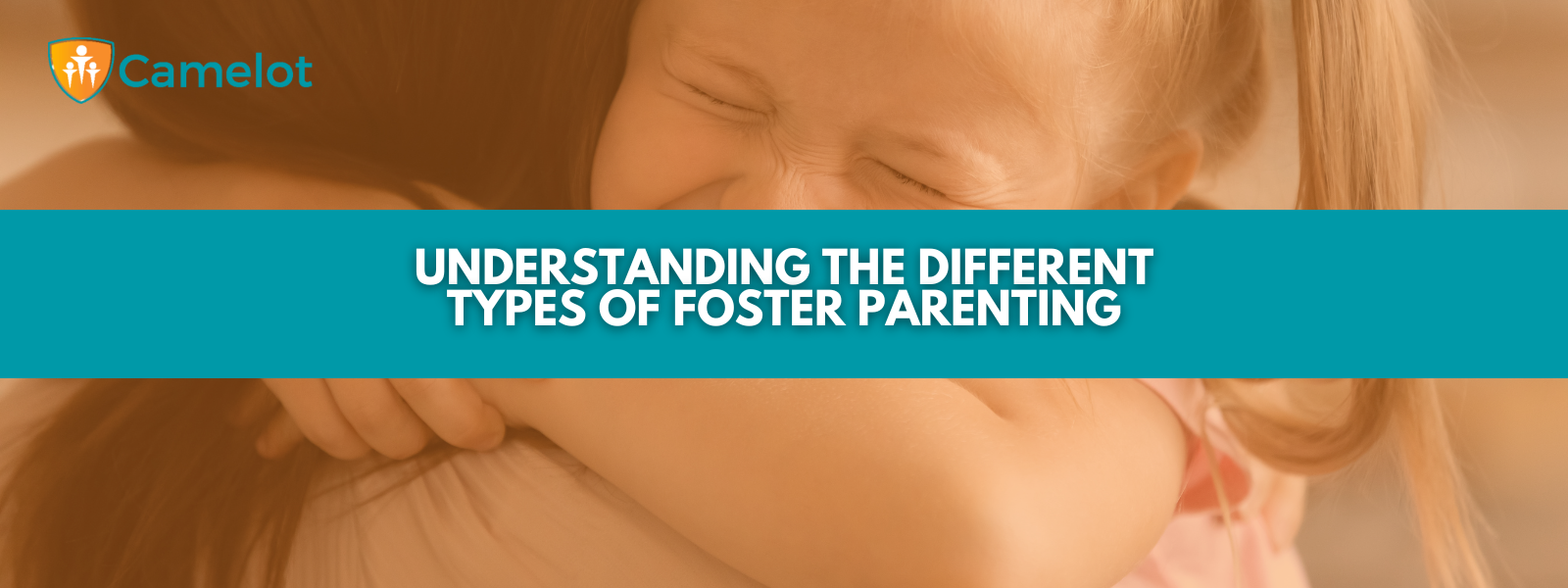
Camelot Care Centers

